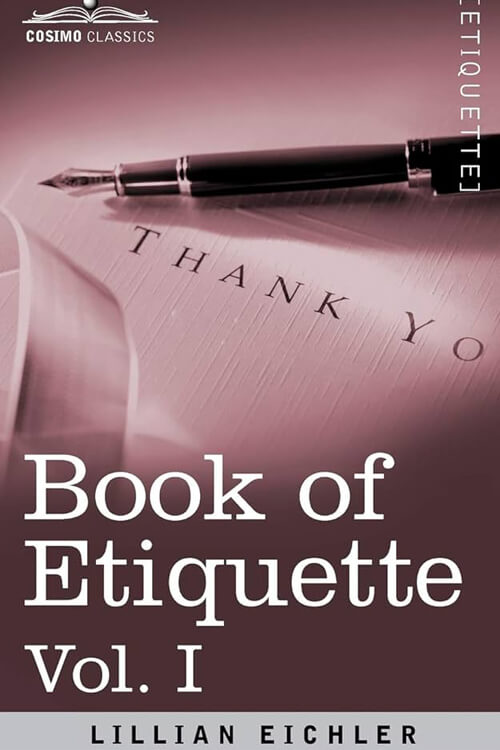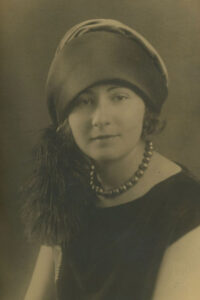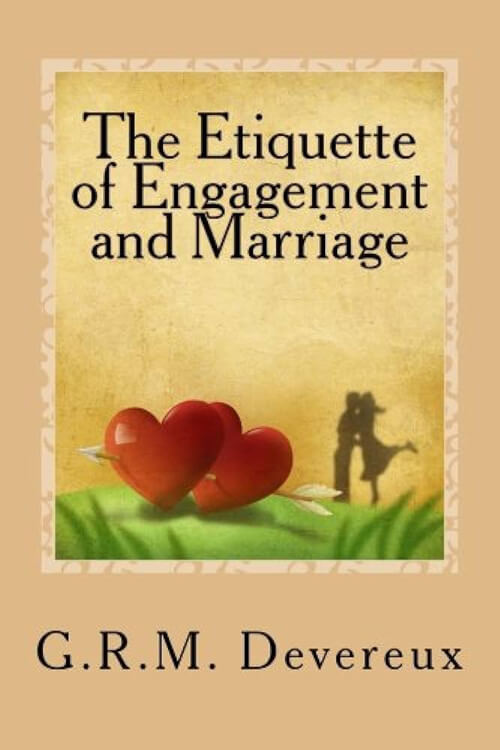
Book of Etiquette
In a home where guests are frequently entertained and the hostess holds many formal social functions, servants are essential. Every family that can afford to do so should have one, or two, or more servants according to social requirements and the appointments of the house. They should be well instructed and expected to carry them out faultlessly. Untidy, noisy, ill-trained servants reflect upon the manners and conduct of the mistress herself.
The most common method of engaging a servant is through an agency. Here, different types of men and women can be found, and the household mistress may be fortunate enough to find one suited to her requirements. Sometimes, she secures a maid or butler by the recommendation of some other housekeeper. This method is usually more satisfactory than any other because it starts things on a relatively friendly basis. However, whether the maid or butler is engaged by recommendation or through an agency, it is essential to understand his or her duties from the beginning clearly. The mistress should not engage a servant unless she feels sure he can fill the position satisfactorily, for it is an expensive and provoking process to change servants frequently. The first few days in a new home are always difficult for the servant. The mistress should be patient and considerate and do all she can to make the newcomer feel at ease in her new surroundings. Her directions should be requests, not commands, and she should overlook blunders, for they may result from the servant’s unfamiliarity with the household and its customs.
After the servant has been in the household for three weeks or a month, the mistress has every right to expect him to carry out his duties correctly. But we are all human, and we all make mistakes. When a servant blunders through carelessness, a reprimand may be necessary, but to scold in loud, angry tones is most ill-mannered. The well-bred woman will never forget that there is as much demand for courtesy and kindliness in her relations with her servants as in any other relationship…
Read or download Book
Lillian Eichler Watson
Lillian Eichler Watson (1901/1902 – June 25, 1979) was an American advertising copywriter and author of bestselling books on etiquette.
Biography
Her first Book Etiquette, was published in 1921 and for which she created the advertising campaign Again She Orders…” A Chicken Salad, Please”, was an immediate bestseller and was followed by several updated volumes and numerous other books. Many of Eichler’s ad campaigns targeted social anxiety. Doubleday realized that the marketing campaign’s success meant there was a market for an etiquette book and reasoned that if Eichler’s ad copy could sell the book, then she might be good enough to rewrite it herself. She wrote it two months after working hours. Eichler’s 1921 revised version, The Book of Etiquette, was more modern and appealed to young immigrants anxious to learn correct American behaviour. She also wrote the ad headlined “Again She Orders…”A Chicken Salad, Please”, described as “sensationally successful” 173 and included in Julian Watkins’s The 100 Greatest Advertisements in its dozens of editions from the first in 1949 through the most recent in 2013. 67 The advertisement portrayed the plight of a young woman who, on a date with a man she wants to impress, doesn’t know how to order dinner in a fancy restaurant, which Victor Schwab said was effective because it “capsulized a common and embarrassing situation.”
“The chicken-salad girl” became a national reference point. Schwab, in 1962, noted that the ad’s headline was still being quoted and, along with other headlines from the campaign, had entered everyday language. Examples include those from other ads created by Eichler, such as: “What’s Wrong in This Picture?” (a phrase Arthur M. Schlesinger credited her with coining), “Why I Cried After the Ceremony”, “May She Invite Him into the House?”, “She Ordered Filet Mignon and She Thought it was Fish”, and “Suppose This Happened on Your Wedding Day?” Accompanying illustrations emphasized the embarrassment of those being portrayed. The campaigns were “the direct inspiration” of the Everybody Tittered style of advertising that dominated the 1920s. According to Ken magazine, the book became “the first successful book on etiquette” in the United States. Eichler became the bestselling author in the United States.






